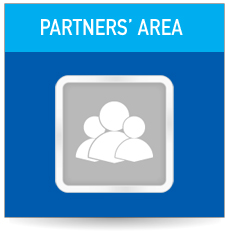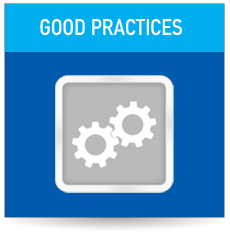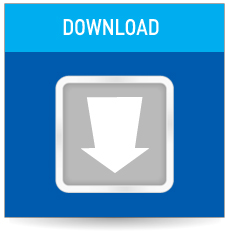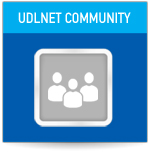Aims & Objectives
UDLnet-Universal Design for Learning: A Framework for Addressing Learner Variability aims to cater for inclusive and quality education, towards reaching a society where equal opportunities are guaranteed for all. Its basic aims can be summarised in the following:
- To develop a detailed and systematic methodology to define the criteria for identifying best inclusive educational practices.
- To design and develop a web-based Inventory, which will include a collection and categorization of best practices. This UDLnet Inventory can support a learning community where users will be able to find, exchange and adapt inclusive teaching and learning practices.
- To establish a sustainable network of educational communities interested in innovative, inclusive teaching and learning practices and trained in the effective use of accessible ICT in teaching.
- To collect and develop innovative, relevant and multilingual content that will support the proposed inclusive approach, which will be described and stored (in the form of learning objects) in the UDLnet Inventory.
- To develop educational stakeholders’ skills and attitudes to ensure the access to and use of inclusive teaching and learning practices under the umbrella of community building.
Additionally, to carry out a set of pilot sessions with a number of representative user groups (teachers, students, parents, policy makers) in order to adapt and enrich content to current needs and evaluate these pilots. - To disseminate and validate the project outcomes throughout Europe, and to circulate effective teaching methods through networking with relevant projects, networks and initiatives. Furthermore to develop a “Pathway to Universal Design for Learning” to support the deployment of accessible educational e-content and to make available a set of policy recommendations, which may be used at regional, national and transnational level (i.e. EU agencies, National Governments and Administration).







